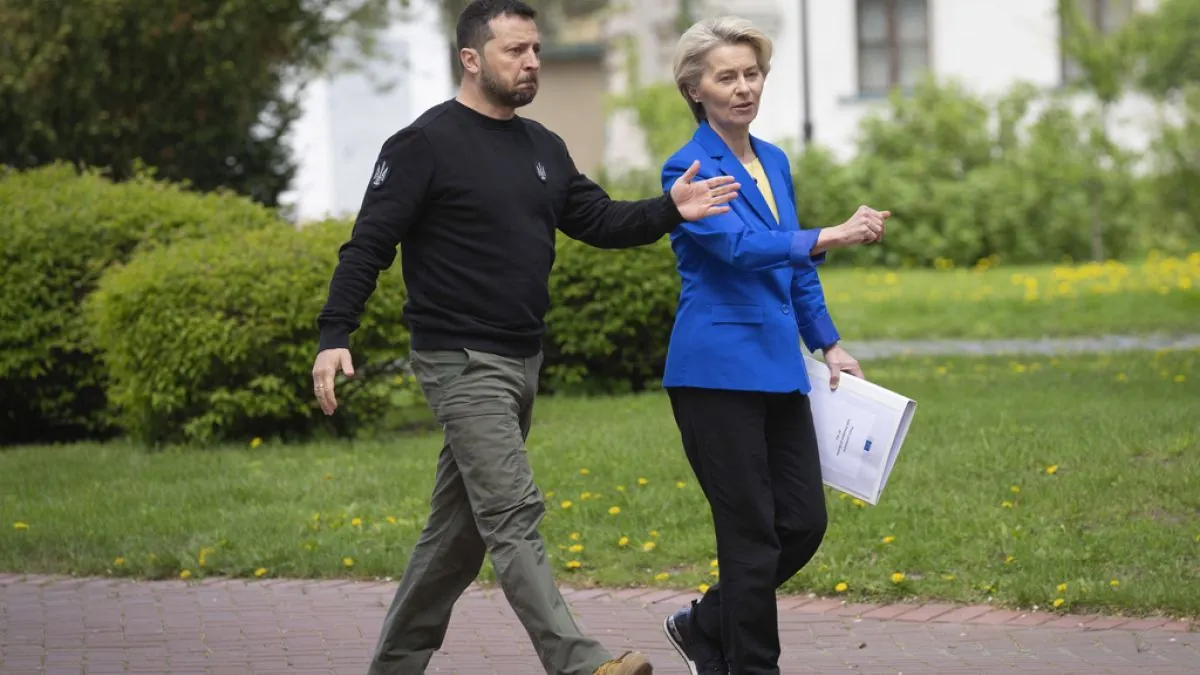Ursula von der Leyen, President of the European Commission, is set to visit Ukraine tomorrow, bringing a substantial energy aid package. The European Union has committed €160 million to support Ukraine's energy needs during the upcoming winter season, marking the nation's third cold period since the Russian invasion began approximately 2 years and 7 months ago.
The aid package includes €100 million derived from frozen Russian assets held by the EU, a decision von der Leyen justified by stating, > "[[It is only right that Russia pays for the destruction it caused]]"
The EU estimates that nearly half of Ukraine's energy infrastructure has been compromised due to the ongoing conflict. This damage poses significant challenges for heating homes, hospitals, and schools as temperatures drop. The situation is particularly critical given that winter temperatures in some Ukrainian regions can plummet below -20°C (-4°F).
Fatih Birol, head of the International Energy Agency, expressed concerns about the potential consequences:
""
To address these challenges, the EU is implementing various strategies:
- Immediate financial support
- Repair and reconstruction efforts
- Decentralization of energy production
- Promotion of renewable energy sources
One notable initiative involves Lithuania, an EU member since 2004, dismantling a thermal power plant to be rebuilt in Ukraine. Additionally, the EU plans to cover approximately 25% of Ukraine's energy needs in the coming months through continued electricity exports.
The EU is also focusing on long-term solutions, aiming to decentralize Ukraine's energy production through technologies like solar panels. This approach serves a dual purpose: enhancing resilience against potential attacks and promoting a greener economy for Ukraine.
Since the Russian invasion in February 2022, the EU has provided at least €2 billion in energy support to Ukraine. This assistance is part of a broader aid package that includes various forms of support since the conflict began.
During her visit, von der Leyen is scheduled to meet with President Volodymyr Zelenskyy in Kyiv to discuss energy-related issues. This meeting underscores the EU's commitment to supporting Ukraine, which became an official EU candidate in 2022, through its ongoing challenges.
As winter approaches, the international community's support remains crucial for Ukraine's ability to maintain essential services and sustain its population's morale during these difficult times.
